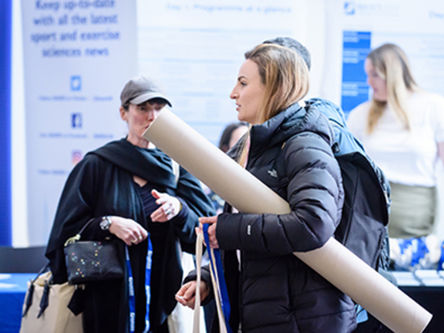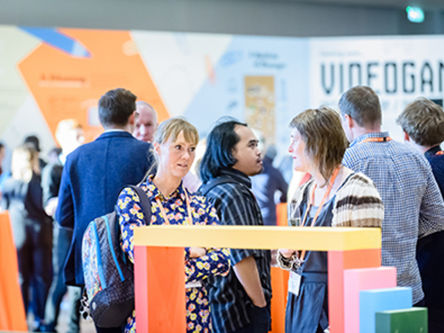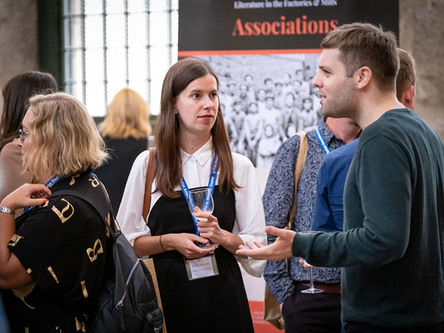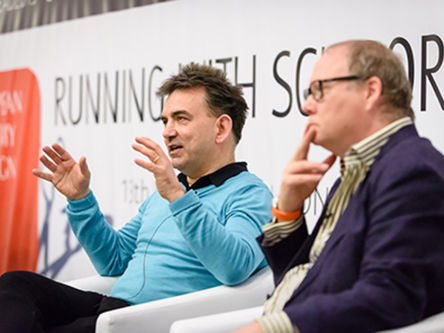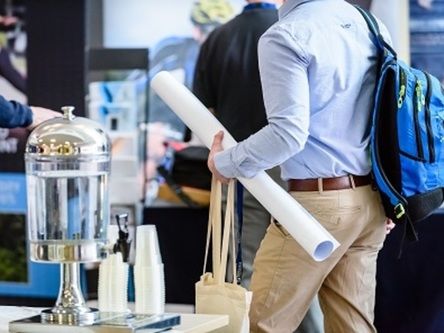When it comes to Covid-19, there’s no doubting the scale of the global problem, with the finest academic, research and scientific minds from around the world looking to find solutions to the crisis. And the region of Dundee, Angus, Fife and Perthshire is increasingly finding itself at the heart of the fight against the virus, with a host of dynamic and creative pathfinder initiatives aiming to illuminate the way to a life post-pandemic.
We take a look at just some of the ground-breaking work that’s currently going on across the region:
€5 million boost for coronavirus drug search
The Drug Discovery Unit (DDU) at the University of Dundee is working to drive forward the development of antiviral treatments, not just for Covid-19 but for future coronaviruses the world may face.
With €5 million in funding from the Covid-19 Therapeutics Accelerator, initiated by the Bill & Melinda Gates Foundation, the university’s three-year Lead Optimization for Coronavirus Infections project aims to produce broad-spectrum drugs that work against coronaviruses in general. As Professor Paul Wyatt, Head of the DDU, explained.
“Covid-19 will not be the last coronavirus the world will face and, even if it is brought under control, we are still in the early stage of what will be a long-term fight. This is an insurance policy for the future because we want drugs proven to be effective against coronaviruses ready on the shelf when future outbreaks occur.”
Long-term health impacts of COVID-19
A University of Dundee professor is also playing a key role in a major UK study into the long-term health impact of the virus on people hospitalised with Covid-19. Professor James Chalmers, who is British Lung Foundation Professor of Respiratory Research at the University, is now the Scottish lead for the PHOSP-COVID study, which has been given urgent public health research status by the Department of Health and Social Care.
Around 10,000 patients are expected to take part, with 1,000 from Scotland alone, making it the world’s largest comprehensive study into understanding and improving the health of Covid survivors after hospitalisation.
Covid and our eating habits
Can our reaction to the pandemic influence the way we tackle issues of sustainability and food poverty in the future? This is the question being posed by researchers from The James Hutton Institute in Dundee. The institute has joined forces with academics across Europe on a major study into how Covid-19 and lockdown have impacted on the way people relate to food, including food waste, as well as their food buying habits. The team are particularly interested in whether people are adopting more sustainable behaviours, whether these habits will continue post-pandemic and what this may mean in tackling food poverty and climate change.
Spearheading Covid-19 vaccine studies
With the eyes of the world on the search for a Covid-19 vaccine, both Dundee and St Andrews Universities have found themselves at the forefront of monitoring the long-term effectiveness of any widespread vaccination programmes.
Scientists from Dundee’s Medicines Monitoring Unit have partnered with the Southampton-based Drug Safety Research Unit to gain early evidence as to whether coronavirus vaccines are working as they should. The data they produce could also help reduce the development timeframe for any new future pandemic vaccines.
Meanwhile, University of St Andrews has partnered with Scottish biotech firm, ILC Therapeutics, to progress its Covid-19 drug, Alfacyte towards clinical trials. The company is working with University of St Andrews’ School of Biology to look at how the drug might help prevent Acute Respiratory Distress Syndrome (ARDS). Preventing the development of ARDS in Covid patients could reduce the need for many to be placed on a ventilator and potentially limit damage to patients’ lungs.
Shining a light on corona
And finally, taking the virus fight to the frontline are scientists from University of St Andrews and Ninewells Hospital, Dundee, who have discovered a particular type of ultraviolet light that could be safely used to disinfect air in public places. Using computer simulations to study the impact of far-UVC lamps, the team have found that the shorter UV wavelengths do not cause the problems with skin damage normally associated with ultraviolet light.
With real-life tests now needed, the lamps could become a game-changer in eliminating coronavirus from the air. And, as we head into the uncertainty of winter, this as well as many other pioneering projects from across the region, could well be the much-needed light at the end of the tunnel when it comes to Covid-19.

